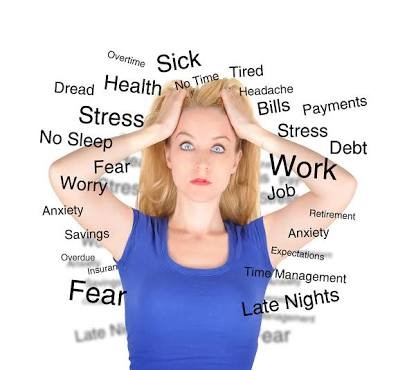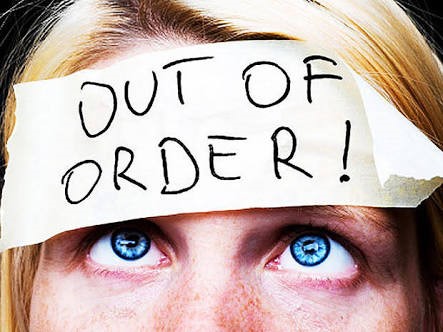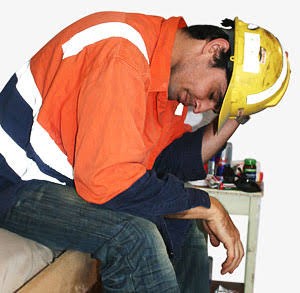What is fatigue? Fatigue is more than feeling tired and drowsy, fatigue is a state of mental and or physical exhaustion that reduces a person’s ability to perform work safely and effectively.

Signs you are fatigued:
- tiredness after sleep
- reduced hand-eye coordination or slow reflexes
- short term memory problems and the inability to concentrate
- blurred vision or impaired visual perception
- a need for extended sleep
Common causes of fatigue:
- caffeine overload – yes, we all love a cup of coffee or tea in the mornings, it gives us a spring in our step to get on with the day! And yes, it does make you feel alert, but as they say too much of a good thing isn’t necessarily good for you. for the coffee addicts out there, I have bad news, too much caffeine will dehydrate your body and you guessed it, dehydration leads to fatigue. So, it’s a no brainer! Drink more water. Maybe start and finish your day with a large glass of water? Remember the golden rule – if you’re thirsty, you’re already dehydrated. Another tip is eating an apple, yes apples will wake you up too.
- lack of sleep – aim to get a good night’s sleep. the majority of us need 7-8 hours’ sleep a night to maintain a healthy lifestyle
- not enough fuel, and no I don’t mean in your vehicle – eat good enough healthy food to keep your mind and body going
- work and shift work – excessively long shifts, not enough time to recover in-between shifts, and blocks of shifts, strenuous jobs and long commuting times,
There are other causes that can cause fatigue such as depression, diabetes, sleep apnea, anemia, heart disease and problems with your thyroid, these are medical conditions that I’m not qualified to discuss. Please consult your doctor if you believe these are the causes of your fatigue.

Studies have shown that people who are sleep deprived for long periods of time may as well be drunk! Scary huh? Sleeplessness and driving is a combination as serious as driving under the influence, and unfortunately, we’ve all heard or read about vehicle accidents that have been attributed to fatigue.
To reduce the risk of being in a workplace incident caused by fatigue, you should:
- assess your own fitness for work before commencement of work
- monitor your level of alertness and concentration
- lookout for signs of fatigue in the people around you – often we will notice fatigue in others before we will recognise it in ourselves
- take steps to manage fatigue – drink water, take a break, have a stretch
- talk to your manager/supervisor if you’re feeling fatigued and you think you are a risk to your own health and safety or someone else’s in the workplace

So far, this year there has been 94 workplace deaths within Australia, which equates to 15 deaths per month, in other words every second day someone is dying at work, across several industries, with the transport industry recording the most fatalities. I’m not in any way suggesting these deaths were caused by fatigue, but even if one of these deaths were fatigue related, it’s one too many.
